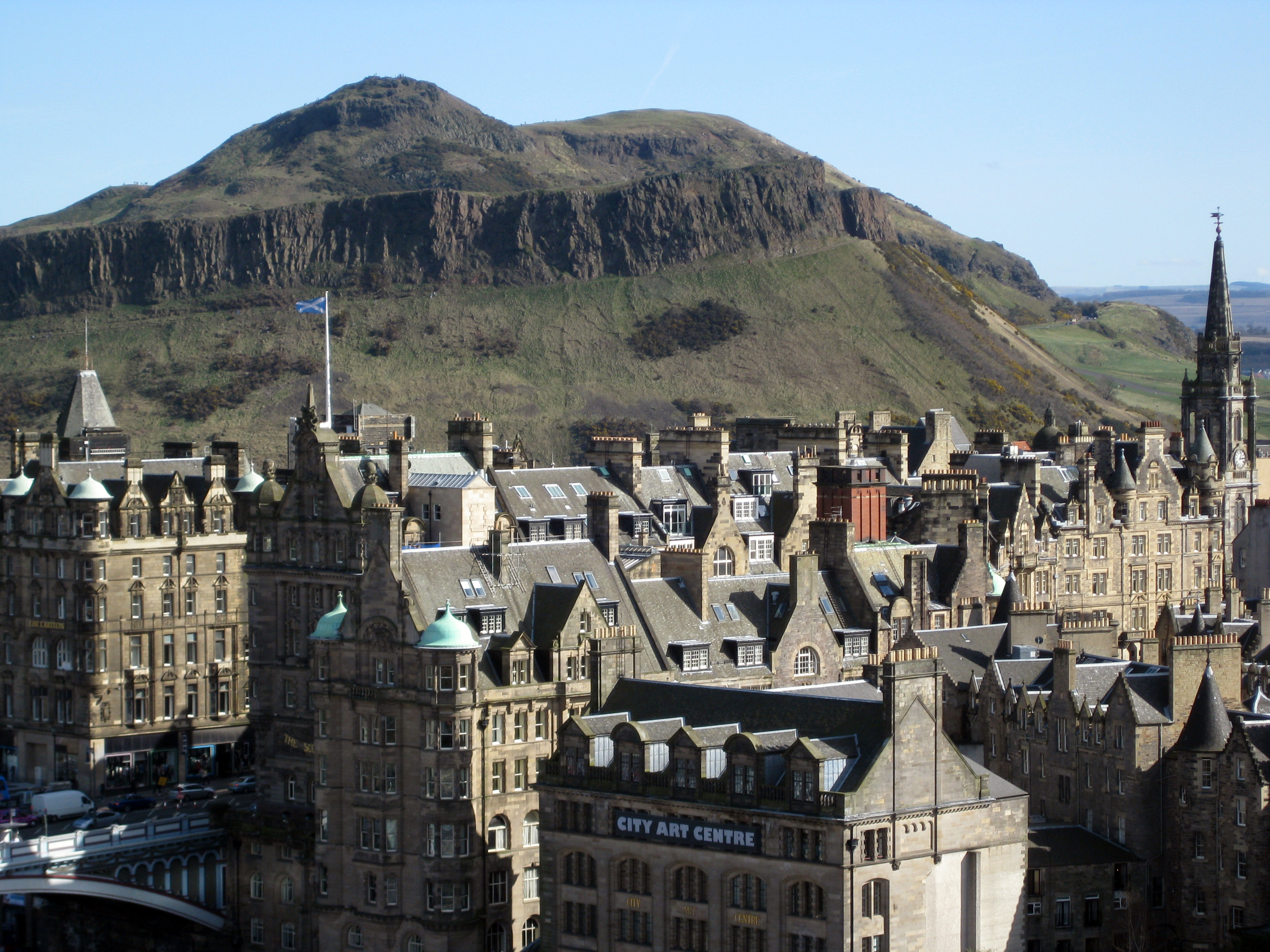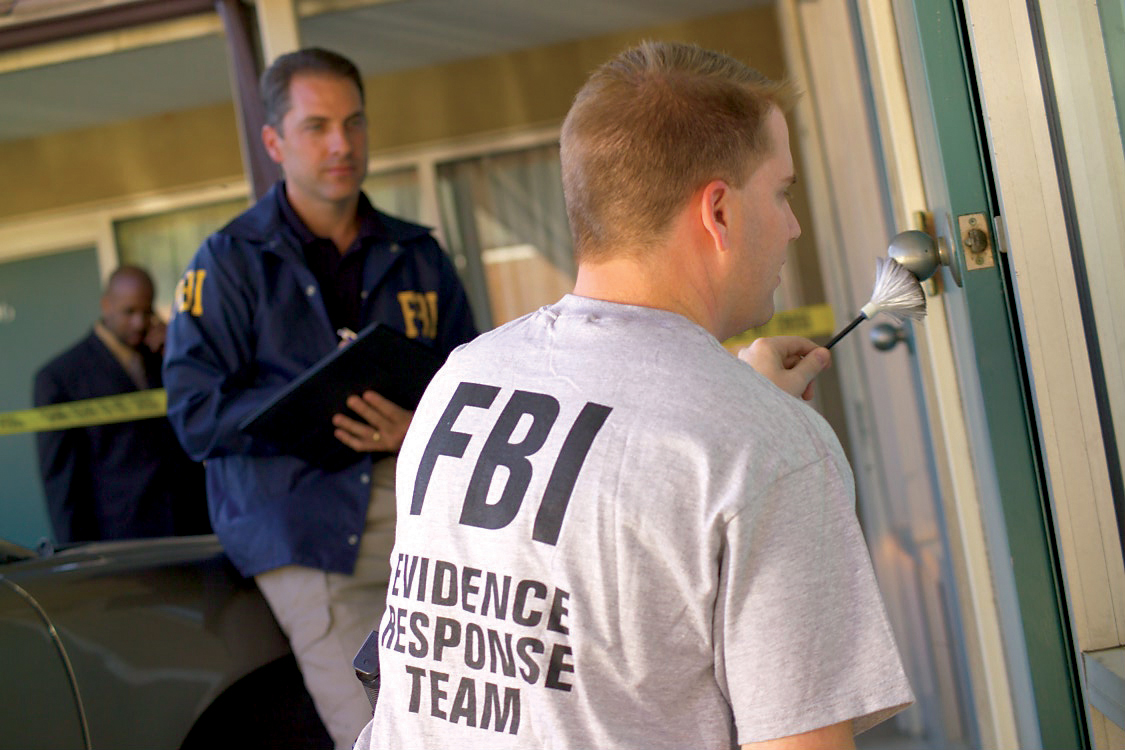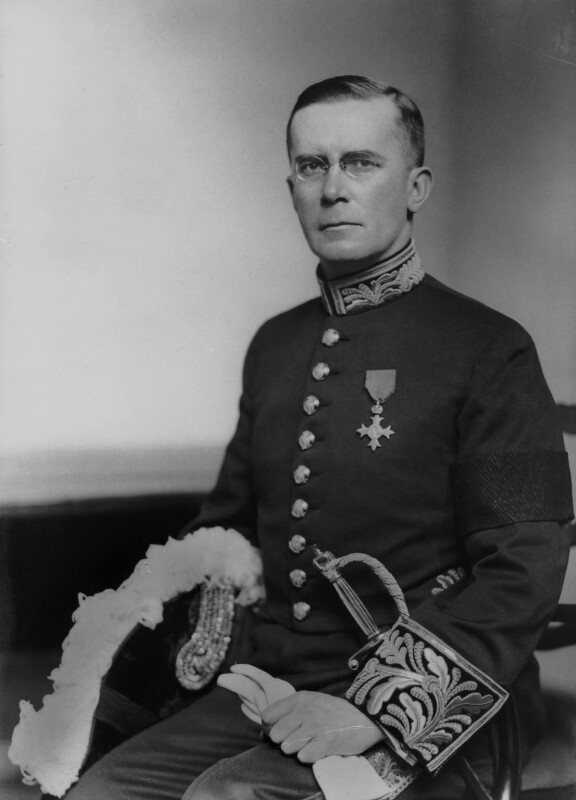|
Davie V Magistrates Of Edinburgh
''Davie v Magistrates of Edinburgh'' 1953 S.C. 34. encapsulates the Scots law position regarding the role of expert witnesses in providing their opinion to the court in criminal and civil proceedings. Case In ''Davie v Magistrates of Edinburgh'', an expert witness gave evidence concerning the effect of shock waves in blasting operations and referred to a specific section of a pamphlet that allegedly supported his opinion. The Court of Session disproved of the Lord Ordinary's action of adopting other parts of the pamphlet that the expert had not made reference to. :" The Court cannot...rely upon such works for the purpose of displacing or criticising the witness's testimony." - at 41. Law Lord President Cooper stated that "their duty is to furnish the judge or jury with the necessary scientific criteria for testing the accuracy of their conclusions, so as to enable the Judge or jury to form their own independent judgment by the application of these criteria to the facts prov ... [...More Info...] [...Related Items...] OR: [Wikipedia] [Google] [Baidu] |
Scots Law
Scots law () is the List of country legal systems, legal system of Scotland. It is a hybrid or mixed legal system containing Civil law (legal system), civil law and common law elements, that traces its roots to a number of different historical sources. Together with English law and Northern Irish law, it is one of the three legal systems of the United Kingdom.Stair, General Legal Concepts (Reissue), para. 4 (Online) Retrieved 2011-11-29 Scots law recognises four sources of law: legislation, legal precedent, specific academic writings, and custom. Legislation affecting Scotland and Scots law is passed by the Scottish Parliament on all areas of devolved responsibility, and the United Kingdom Parliament on reserved matters. Some legislation passed by the pre-1707 Parliament of Scotland is still also valid. History of Scots law, Early Scots law before the 12th century consisted of the different legal traditions of the various cultural groups who inhabited the country at the time ... [...More Info...] [...Related Items...] OR: [Wikipedia] [Google] [Baidu] |
Jury
A jury is a sworn body of people (jurors) convened to hear evidence, make Question of fact, findings of fact, and render an impartiality, impartial verdict officially submitted to them by a court, or to set a sentence (law), penalty or Judgment (law), judgment. Most trial juries are "petit juries", and consist of up to 15 people. A larger jury known as a grand jury has been used to investigate potential crimes and render indictments against suspects, and consists of between 16 and 23 jurors. The jury system developed in England during the Middle Ages and is a hallmark of the English common law system. Juries are commonly used in countries whose legal systems derive from the British Empire, such as the United Kingdom, the United States, Canada, Australia, and Republic of Ireland, Ireland. They are not used in most other countries, whose legal systems are based upon European Civil law (legal system), civil law or Islamic sharia, sharia law, although their use has been spreading. ... [...More Info...] [...Related Items...] OR: [Wikipedia] [Google] [Baidu] |
History Of Edinburgh
While the area around modern-day Edinburgh has been inhabited for thousands of years, the history of Edinburgh as a definite settlement can be traced to the Scotland in the Early Middle Ages, early Middle Ages when a hillfort was established in the area, most likely on the Castle Rock (Edinburgh), Castle Rock. From the seventh to the tenth centuries it was part of the Anglian Kingdom of Northumbria, becoming thereafter a royal residence of the List of Scottish monarchs, Scottish kings. The town that developed next to the stronghold was established by royal charter in the early 12th century, and by the middle of the 14th century was being described as the capital of Scotland. The area known as the New Town, Edinburgh, New Town was added from the second half of the 18th century onwards. Edinburgh was Scotland's largest city until Glasgow outgrew it in the first two decades of the 19th century. Following Scottish devolution in the very late 20th century, Scottish Parliament, Scotla ... [...More Info...] [...Related Items...] OR: [Wikipedia] [Google] [Baidu] |
Evidence Case Law
Evidence for a proposition is what supports the proposition. It is usually understood as an indication that the proposition is true. The exact definition and role of evidence vary across different fields. In epistemology, evidence is what justifies beliefs or what makes it rational to hold a certain doxastic attitude. For example, a perceptual experience of a tree may serve as evidence to justify the belief that there is a tree. In this role, evidence is usually understood as a private mental state. In phenomenology, evidence is limited to intuitive knowledge, often associated with the controversial assumption that it provides indubitable access to truth. In the science, scientific evidence is information gained through the scientific method that confirms or disconfirms scientific hypotheses, acting as a neutral arbiter between competing theories. Measurements of Mercury's "anomalous" orbit, for example, are seen as evidence that confirms Einstein's theory of general relativity. ... [...More Info...] [...Related Items...] OR: [Wikipedia] [Google] [Baidu] |
Scottish Case Law
Scottish usually refers to something of, from, or related to Scotland, including: *Scottish Gaelic, a Celtic Goidelic language of the Indo-European language family native to Scotland *Scottish English *Scottish national identity, the Scottish identity and common culture *Scottish people, a nation and ethnic group native to Scotland * Scots language, a West Germanic language spoken in lowland Scotland * Symphony No. 3 (Mendelssohn), a symphony by Felix Mendelssohn known as ''the Scottish'' See also *Scotch (other) *Scotland (other) *Scots (other) *Scottian (other) *Schottische The schottische is a partnered country dance that apparently originated in Bohemia. It was popular in Victorian-era ballrooms as a part of the Bohemian folk-dance craze and left its traces in folk music of countries such as Argentina (Spanish ... * {{disambiguation Language and nationality disambiguation pages ca:Escocès ... [...More Info...] [...Related Items...] OR: [Wikipedia] [Google] [Baidu] |
1953 In Scotland
Events from the year 1953 in Scotland. Incumbents * Secretary of State for Scotland and Keeper of the Great Seal – James Stuart Law officers * Lord Advocate – James Latham Clyde * Solicitor General for Scotland – William Rankine Milligan Judiciary * Lord President of the Court of Session and Lord Justice General – Lord Cooper * Lord Justice Clerk – Lord Thomson * Chairman of the Scottish Land Court – Lord Gibson Events * 30 January – The cargo vessel ''Clan MacQuarrie'' runs aground near Borve, Lewis in a storm; all 66 crew are rescued by breeches buoy the following morning. * 31 January – The car ferry , sailing from Stranraer to Larne in Northern Ireland, sinks in the Irish Sea in a storm killing 133 people on board. Fleetwood trawler ''Michael Griffiths'' sinks seven miles south of Barra Head with the loss of 13 crew. * 9 February – Fraserburgh life-boat ''John and Charles Kennedy'' capsizes on service: six crew killed. * 5 March – , ... [...More Info...] [...Related Items...] OR: [Wikipedia] [Google] [Baidu] |
1953 In Case Law
Events January * January 6 – The Asian Socialist Conference opens in Rangoon, Burma. * January 12 – Estonian émigrés found a government-in-exile in Oslo. * January 14 ** Marshal Josip Broz Tito is chosen President of Yugoslavia. ** The CIA-sponsored Robertson Panel first meets to discuss the UFO phenomenon. * January 15 ** Georg Dertinger, foreign minister of East Germany, is arrested for spying. ** British security forces in West Germany arrest 7 members of the Naumann Circle, a clandestine Neo-Nazi organization. * January 19 – 71.1% of all television sets in the United States are tuned into ''I Love Lucy'', to watch Lucy give birth to Little Ricky, which is more people than those who tune into Dwight Eisenhower's inauguration the next day. This record is never broken. * January 24 ** Mau Mau Uprising: Rebels in Kenya kill the Ruck family (father, mother, and six-year-old son). ** Leader of East Germany Walter Ulbricht announces that agriculture will b ... [...More Info...] [...Related Items...] OR: [Wikipedia] [Google] [Baidu] |
Testimony
Testimony is a solemn attestation as to the truth of a matter. Etymology The words "testimony" and "testify" both derive from the Latin word ''testis'', referring to the notion of a disinterested third-party witness. Law In the law, testimony is a form of evidence in which a witness makes a "solemn declaration or affirmation ... for the purpose of establishing or proving some fact". According to Bryan A. Garner, the editor of '' Black's Law Dictionary'', the word "testimony" is properly used as a mass noun (that is, always uninflected regardless of number), and not a count noun. Testimony may be oral or written, and it is usually made by oath or affirmation under penalty of perjury. Historically, to be admissible in court and to ensure maximum reliability and validity, written testimony presented in the form of an affidavit (i.e., the witness would not be appearing in court at the hearing at which the affidavit was considered as evidence) was usually witnessed by anot ... [...More Info...] [...Related Items...] OR: [Wikipedia] [Google] [Baidu] |
Court
A court is an institution, often a government entity, with the authority to adjudicate legal disputes between Party (law), parties and Administration of justice, administer justice in Civil law (common law), civil, Criminal law, criminal, and Administrative law, administrative matters in accordance with the rule of law. Courts generally consist of Judge, judges or other judicial officers, and are usually established and dissolved through legislation enacted by a legislature. Courts may also be established by constitution or an equivalent constituting instrument. The practical authority given to the court is known as its jurisdiction, which describes the court's power to decide certain kinds of questions, or Petition, petitions put to it. There are various kinds of courts, including trial courts, appellate courts, administrative courts, international courts, and tribunals. Description A court is any person or institution, often as a government institution, with the authori ... [...More Info...] [...Related Items...] OR: [Wikipedia] [Google] [Baidu] |
Judge
A judge is a person who wiktionary:preside, presides over court proceedings, either alone or as a part of a judicial panel. In an adversarial system, the judge hears all the witnesses and any other Evidence (law), evidence presented by the barristers or solicitors of the case, assesses the credibility and arguments of the parties, and then issues a Court order, ruling in the Case law, case based on their Judicial interpretation, interpretation of the law and their own personal judgment. A judge is expected to conduct the trial impartially and, typically, in an in open court, open court. The powers, functions, method of appointment, discipline, and training of judges vary widely across different jurisdictions. In some jurisdictions, the judge's powers may be shared with a jury. In inquisitorial systems of criminal investigation, a judge might also be an examining magistrate. The presiding judge ensures that all court proceedings are lawful and orderly. Powers and functions The ult ... [...More Info...] [...Related Items...] OR: [Wikipedia] [Google] [Baidu] |
Expert Witness
An expert witness, particularly in common law countries such as the United Kingdom, Australia, and the United States, is a person whose opinion by virtue of education, training, certification, skills or experience, is accepted by the judge as an expert. The judge may consider the witness's specialized (scientific, technical or other) opinion about evidence or about facts before the court within the expert's area of expertise, to be referred to as an "expert opinion". Expert witnesses may also deliver "expert evidence" within the area of their expertise. Their testimony may be rebutted by testimony from other experts or by other evidence or facts. History The forensic expert practice is an ancient profession. For example, in ancient Babylonia, midwifery, midwives were used as experts in determining pregnancy, virginity and female fertility. Similarly, the Roman Empire recognized midwives, handwriting experts and land surveyors as legal experts. The codified use of expert witne ... [...More Info...] [...Related Items...] OR: [Wikipedia] [Google] [Baidu] |
Thomas Cooper, 1st Baron Cooper Of Culross
Thomas Mackay Cooper, 1st Baron Cooper of Culross (24 September 1892 – 15 July 1956) was a Scotland, Scottish Unionist Party (Scotland), Unionist Party politician, a judge and a historian, who had been appointed Lord Advocate of Scotland. Background and education Cooper was the son of John Cooper, of Edinburgh, a civil engineer, and Margaret, daughter of John Mackay, of Dunnet, Caithness. In 1915 he applied to George Watson's College, Edinburgh, and the University of Edinburgh where he completed an MA in 1912 and a Law LLB. Political, legal and judicial career Cooper was admitted a member of the Faculty of Advocates in 1915 and created a King's Counsel in 1927. He was the Unionist Member of Parliament (United Kingdom), Member of Parliament (MP) for Edinburgh West (UK Parliament constituency), Edinburgh West from a by-election in 1935 to 1941. In 1935 he was appointed Solicitor General for Scotland and later that year he was appointed as Lord Advocate. He also became a Privy ... [...More Info...] [...Related Items...] OR: [Wikipedia] [Google] [Baidu] |








